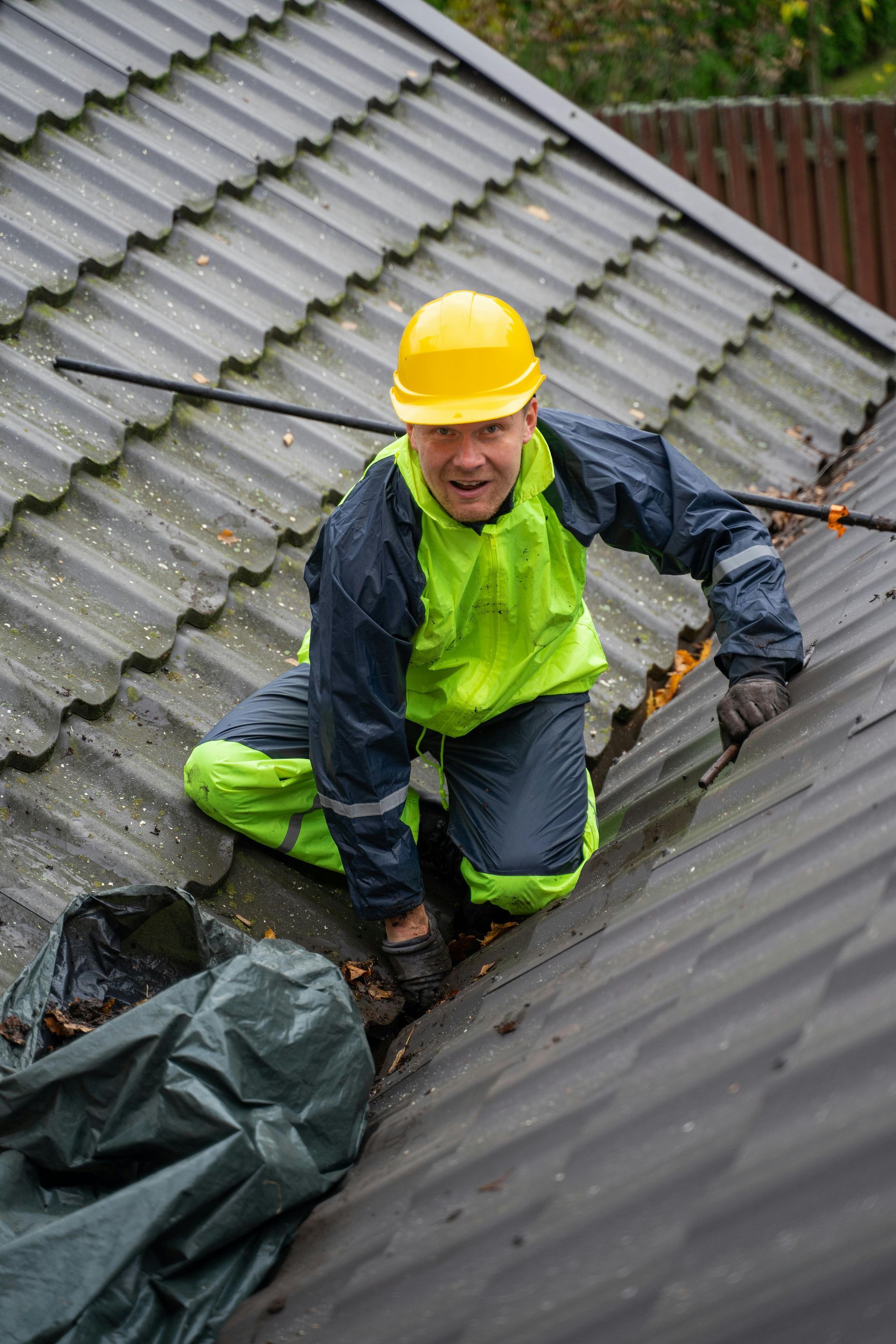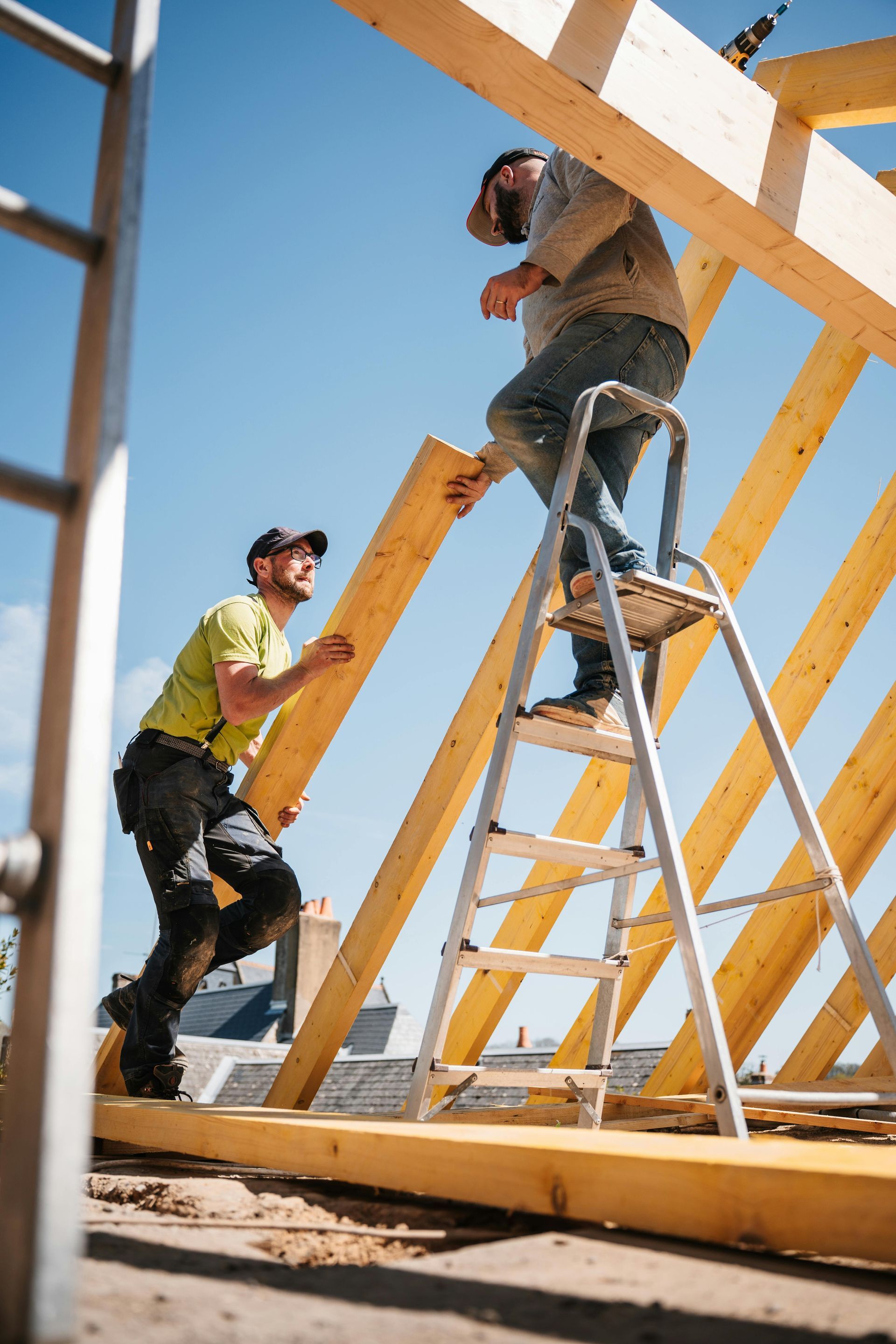The Homeowner's Guide to Roof Repair vs. Replacement
The Homeowner's Guide to Roof Repair vs. Replacement
As a homeowner, the decision between repairing or replacing your roof can be daunting. While many sources offer general advice, this article delves deeper into the nuances of roof repair and replacement, providing you with lesser-known insights to make an informed decision.
The Repair Option: When It Makes Sense
According to the National Roofing Contractors Association, many roofs can indeed be repaired rather than replaced, potentially saving homeowners significant costs. However, the viability of repair depends on several factors:
- Age of the Roof: The average lifespan of an asphalt shingle roof is 20-30 years. If your roof is nearing this age, repairs might be a short-term solution. A study by the Remodeling Magazine's Cost vs. Value Report suggests that a new roof can recoup about 68% of its cost in home value, making replacement more economical for older roofs.
- Extent of Damage: The "15% Rule": Many roofing experts, including those at Graduate Contracting, suggest that if less than 15% of the roof is damaged, repair is often the most cost-effective option.
- Type of Damage: Localized issues like a few missing shingles or small leaks can often be repaired. However, widespread problems or structural damage usually require replacement.
Beyond the Basics: What You Need to Know
- Climate Considerations: A study published in the Journal of Construction Engineering and Management found that roofs in areas with extreme weather conditions (high heat, frequent storms) may benefit more from partial replacement of vulnerable areas rather than spot repairs.
- Energy Efficiency Upgrades: The U.S. Department of Energy reports that upgrading to a cool roof during repairs can reduce peak cooling demand by 10-15%. This factor is often overlooked in the repair vs. replace decision.
- Insurance Implications: According to the Insurance Information Institute, some insurance policies may not cover damage to an older roof. Always check your policy before deciding on repair or replacement.
- Hidden Costs of Repair: While repairs are generally cheaper upfront, a study in the International Journal of Construction Education and Research found that frequent repairs can cost up to 30% more over time compared to timely replacement.
- Technological Advancements: New roofing materials and technologies emerge regularly. The National Renewable Energy Laboratory reports that some modern roofing systems can increase home energy efficiency by up to 40%, a factor worth considering when choosing between repair and replacement.
- Structural Implications: The International Association of Certified Home Inspectors notes that repeated repairs can add unnecessary weight to your roof structure, potentially leading to more severe issues down the line.
- Resale Value Considerations: A survey by the National Association of Realtors found that 33% of realtors have had deals fall through due to roofing issues. A well-maintained or new roof can be a significant selling point.
When to Consider Replacement
- Widespread Damage: If more than 30% of the roof is damaged, replacement is often more cost-effective.
- Recurring Problems: Frequent repairs can indicate underlying issues that replacement would solve.
- Outdated Materials: Older materials may not meet current building codes or energy efficiency standards.
- Structural Issues: Problems with the roof deck or support structure often necessitate full replacement.
The Role of Professional Assessment
While these guidelines provide a framework, every roof is unique. Professional roofing contractors, like those at Graduate Contracting, can provide a comprehensive assessment of your roof's condition. They use advanced techniques such as infrared scanning to detect hidden moisture or structural issues that might not be visible to the naked eye.
Making the Decision
Consider the following when deciding between repair and replacement:
- Long-term costs
- Energy efficiency gains
- Home value impact
- Structural integrity
- Warranty considerations
- Future plans for the home
Conclusion
While roof repair can be a cost-effective solution in many cases, it's crucial to consider the long-term implications. Sometimes, what seems like a more expensive option initially (replacement) can save money and headaches in the long run.
Remember, the key to making the right decision lies in a thorough professional assessment and understanding your specific situation. Whether you choose repair or replacement, ensuring the work is done correctly is crucial for protecting your home and investment.
By staying informed and working with experienced professionals, you can make the best choice for your home, ensuring a safe and secure roof over your head for years to come.


